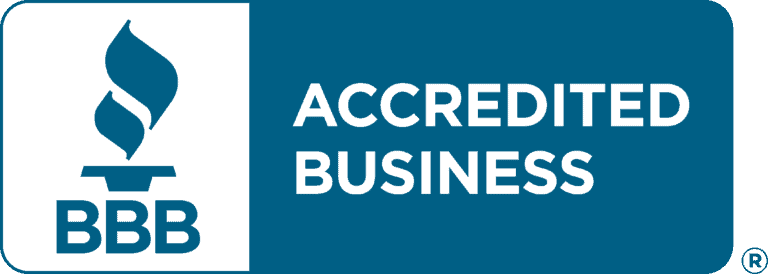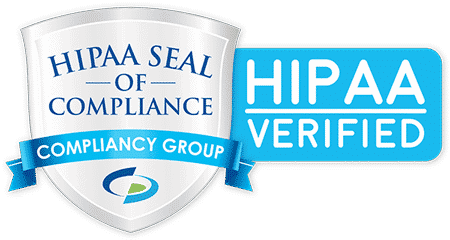As businesses struggle for brand awareness and dominance, employers must become aware of emerging laws and policies. Why? Governmental policies have a significant role to play in how much revenue will go into taxes and whatnot. And as such, it is crucial to take note of the emerging laws coming out of Capitol Hill. This is especially true as Congress considers numerous changes to business taxes.
Last year, the country was stuck at a crossroads involving a persistent pandemic, economic recession, raging climate crisis, and racial inequalities. And in his plan to build America back and better, President Biden has introduced the Build Back Better Act (BBBA) – a bill that Congress is on the verge of approving.
With the BBBA legislation, corporate America is about to face some changes.
What is the BBBA?
The BBBA is part of President Biden’s ambitious plan to build and restore America’s economic and social downturn. If passed into law, the bill will make significant changes to the Tax Cuts and Jobs Act (TCJA) that was passed and approved in 2017 by the Trump Administration.
Most experts consider the TCJA as taxpayer-friendly with the reductions in individual and corporate income tax rates. The Act also made provisions for a pass-through entity reduction to implement federal tax rates of C corporations.
The BBBA is very different and many expect it to determine Biden’s success in his first year as a president.
Tax Changes to Expect
The BBBA has not completely determined in its entirety, but some tax changes for business taxes include the following:
Increase in Corporate Tax Rate*
The BBBA, submitted by President Biden, will replace the tax rate of 21% with noticeable adjustments. For instance, while the first $400,000 of income for business will be subject to an 18% tax rate, incomes within $400,000 to $5 million will stick to the original TCJA’s flat rate of 21%.
However, for incomes exceeding $5 million, the tax rate will be pegged at 26.5%. The implication of this Act is that multi-billion corporations will have to pay more on income taxes than others.
*The changes to the corporate tax rate is still under negotiation and potentially staying at 21% and with a minimum tax rate of 15%.
International Transactions
Inside the BBBA is a set of proposals that will replace the taxes on cross-border transactions currently enjoyed by multinational brands. For instance, the Act limits some of the global intangible low-taxed income (GILTI) deductions, including the foreign-derived intangible income.
Employee Retention Credit
The BBBA hopes to terminate the Employee Retention Credit sooner than expected. The ERC was to be available for business owners for the whole of 2021. However, it will be terminated from the 4th quarter of the year.
However, there is a provision for only recovery startup businesses to gain access to this credit.
Estate Tax Provisions
The BBBA will not be taxpayer-friendly in terms of estate taxes. Previously, the TCJA initially increased the gift and estate tax exemptions to $10 million by 2025. Facing annual adjustments due to inflation, the tax exemption was $11.7 million this year. However, the BBBA will revert to the pre-TCJA limit of $5 million that will take effect in 2022. This new amount will adjust for inflation annually.
Additionally, taxpayers will not claim discounts for estate tax purposes on the transfer of interests in entities that hold nonbusiness assets.
Research and Experimentation Expenses
Previously under the TCJA, research and experimentation expenses that will accrue in 2022 and later years will not be instantly deductible. The provision was that the expenditures would have to be amortized over 5 years.
The provisions in the BBBA is to change all that. If approved by Congress, the effective date for the amortization requirement will be delayed to 2026.
Business Interest Deduction
According to the Internal Revenue Code Section 163(j), the deductions on business interest incurred by corporate and non-corporate taxpayers are limited. In the BBBA proposal, this limit will not apply to S corporations and partnerships at their entry-level. This limit will instead apply to partners and shareholders.
Carried Interest
Carried interest is currently taxed as short-term capital gains – except the gains were placed on properties held for at least 3 years. Now, the BBBA seeks to extend the holding period of these gains to 5 years to qualify for long-term capital gain.
This proposal will incorporate every property considered as generating capital gains. However, real estate businesses and taxpayers with less than $400,000 of their adjusted gross income may be exempt.
While the final text of the BBBA has not been written yet, the Act aims to lower childcare costs, higher education costs, prescription drug costs, healthcare, and housing costs. It also aims to provide clean energy jobs, workforce training, and significant investment in schools and teachers.
Conclusion
You must review your current costs and plan ahead for its possibility. Business taxes may drastically change by Congressional action so reviewing where you can save currently and moving forward. Thankfully, Expense To Profit can show you practical steps to reduce your expenses while boosting productivity.
Contact us today to see how we can help your business.






